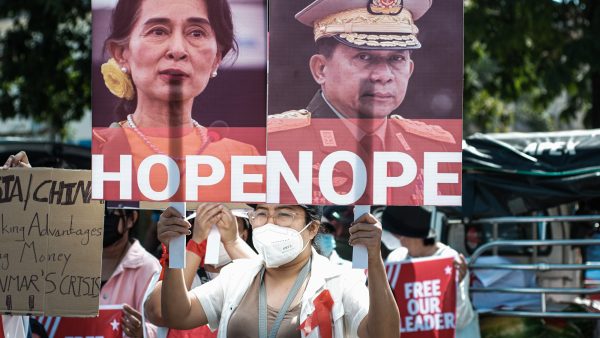Both the “engineering state” and the “mayor economy” framings obscure the critical mechanics of China’s growth machine.
In recent weeks, Western audiences encountered two starkly different portraits of China’s economic model. In his book “Breakneck,” tech analyst Dan Wang argues that China is an “engineering state” that builds fast and learns by doing, a stark contrast to what he terms America’s stagnant “lawyerly society.” Separately, on the Lex Fridman Podcast, economist Keyu Jin described a highly decentralized, market-driven system – a “mayor economy” where local competition fuels innovation.
Both stories resonate because they offer compelling explanations for China’s eye-popping infrastructure, its dominance in solar and electric vehicles (EVs), and the United States’ own struggles to build. But both frames, in their elegance, obscure the critical mechanics of China’s growth machine: soft budget constraints that fuel wasteful investment, political tournaments among officials that enforce conformity, and top-down campaigns that can flip national policy overnight. Misreading these features doesn’t just warp economic analysis – it distorts the design of export controls, clouds supply-chain risk management and confuses how Indo-Pacific partners interpret Beijing’s intentions.
Dan Wang’s “engineering state,” detailed in his book, posits that China’s elite, historically dominated by engineers, defaults to construction as the solution for every problem.
Continue Reading on The Diplomat
This preview shows approximately 15% of the article. Read the full story on the publisher's website to support quality journalism.
